Project Description
The establishment of a Western Balkans Green Outcomes-Linked Debt Financing Framework (“WB GOLD”, “GOLD”, or the “Framework”) in Albania, Bosnia and Herzegovina, Kosovo, Montenegro, North Macedonia and Serbia (collectively, the “Western Balkans” or the “WB”) for up to €400 million in total financing to qualifying Partner Financial Institutions (PFIs) for on-lending to SMEs and Midcaps with the objective to maximise Green Economy Transition (GET) on-lending share of Use of Proceeds (UoP) by introducing a concept of an outcome based quasi-margin adjustment of the EBRD loan. The Framework is supported by grant to support quasi-margin reduction in the format of the payment of results based compensation and a lean Technical Cooperation package.
Project Objectives
The Framework aims to guide the financial sector to institutionalise green lending practice into their business model in a sustainable way by introducing outcome-based quasi-margin adjustment mechanism and a lean TC package.
Transition Impact
The FW’s objectives and structure support the Competitive and Green TI qualities. The WB GOLD FW will contribute to the Competitiveness of SMEs in the Western Balkans, by (i) increasing availability of financing; and (ii) encouraging innovation in strategy, products and processes. The FW will encourage Green TI quality by scaling up investments into GET-eligible technologies by SMEs and Midcaps, and thereby contributing to building a low-carbon and climate resilient economy in the Western Balkans, a region particularly affected by the impact of climate change with local companies facing significant climate mitigation and adaptation risks. Subject to the confirmation of legal and regulatory compatibility of GOLD structure to MREL, sub-debts and bonds, these financial instruments may be considered under FW on a case by case basis. In this case, such sub-operations will support Resilient and Green TI qualities.
Client Information
PFIs will be local financial institutions (commercial banks, leasing companies and microfinance institutions) established and operating in the Western Balkans countries.
EBRD Finance Summary
EUR 400,000,000.00
Up to EUR 400,000,000
Total Project Cost
EUR 400,000,000.00
Up to EUR 400,000,000
Additionality
Additionality is achieved by an innovative financing structure, which introduces outcome-based incentives to stimulate the financial sector in the Western Balkans to increase green financing to SMEs and Midcaps in an institutionalised way while supporting general financing needs by SMEs, which will help setting improved standard to enhance their green lending practice. Additionality is also achieved by the necessary longer-term financing, which is not available from commercial sources.
Environmental and Social Summary
This Framework is not categorised however sub-operations will be categorised as FI (ESP 2019) and subject to environmental and social due diligence. New clients will have to complete the ESDD questionnaire and for existing clients a review of previous annual Environmental and Social (E&S) reports will be undertaken and any implementation gaps will be addressed. All clients supported under this Framework will comply with EBRD’s Performance Requirements (PRs) 2, 4 and 9, implement the EBRD’s E&S risk management guidance appropriate to their activities, apply the E&S Exclusion List and the Referral List in ESP (2019), and submit annual E&S reports to the Bank. The ESDD on each sub-project will also include an assessment of Paris Alignment and GET attribution.
Technical Cooperation and Grant Financing
The Facility will be supported by a donor-funded quasi-margin reduction in the format of result based compensation of up to EUR 9.1 million and Technical Cooperation package of up to EUR 4 million implemented by a Framework Consultant. The initial phase of the implementation of the TC is expected to be supported by EBRD’s Shareholder Special Fund.
Company Contact Information
N/A
PSD last updated
28 Oct 2024
Understanding Transition
Further information regarding the EBRD’s approach to measuring transition impact is available here.
Business opportunities
For business opportunities or procurement, contact the client company.
For business opportunities with EBRD (not related to procurement) contact:
Email: [email protected]
For state-sector projects, visit EBRD Procurement:
Tel: +44 20 7338 6794
Email: [email protected]
General enquiries
Specific enquiries can be made using the EBRD Enquiries form.
Environmental and Social Policy (ESP)
The ESP and the associated Performance Requirements (PRs) set out the ways in which the EBRD implements its commitment to promoting “environmentally sound and sustainable development”. The ESP and the PRs include specific provisions for clients to comply with the applicable requirements of national laws on public information and consultation as well as to establish a grievance mechanism to receive and facilitate resolution of stakeholders’ concerns and grievances, in particular, about environmental and social performance of the client and the project. Proportionate to the nature and scale of a project’s environmental and social risks and impacts, the EBRD additionally requires its clients to disclose information, as appropriate, about the risks and impacts arising from projects or to undertake meaningful consultation with stakeholders and consider and respond to their feedback.
More information on the EBRD’s practices in this regard is set out in the ESP.
Integrity and Compliance
The EBRD’s Office of the Chief Compliance Officer (OCCO) promotes good governance and ensures that the highest standards of integrity are applied to all activities of the Bank in accordance with international best practice. Integrity due diligence is conducted on all Bank clients to ensure that projects do not present unacceptable integrity or reputational risks to the Bank. The Bank believes that identifying and resolving issues at the project assessment approval stages is the most effective means of ensuring the integrity of Bank transactions. OCCO plays a key role in these protective efforts, and also helps to monitor integrity risks in projects post-investment.
OCCO is also responsible for investigating allegations of fraud, corruption and misconduct in EBRD-financed projects. Anyone, both within or outside the Bank, who suspects fraud or corruption should submit a written report to the Chief Compliance Officer by email to [email protected]. All matters reported will be handled by OCCO for follow-up. All reports, including anonymous ones, will be reviewed. Reports can be made in any language of the Bank or of the Bank’s countries of operation. The information provided must be made in good faith.
Access to Information Policy (AIP)
The AIP sets out how the EBRD discloses information and consults with its stakeholders so as to promote better awareness and understanding of its strategies, policies and operations following its entry into force on 1 January 2020. Please visit the Access to Information Policy page to find out what information is available from the EBRD website.
Specific requests for information can be made using the EBRD Enquiries form.
Independent Project Accountability Mechanism (IPAM)
If efforts to address environmental, social or public disclosure concerns with the Client or the Bank are unsuccessful (e.g. through the Client’s Project-level grievance mechanism or through direct engagement with Bank management), individuals and organisations may seek to address their concerns through the EBRD’s Independent Project Accountability Mechanism (IPAM).
IPAM independently reviews Project issues that are believed to have caused (or to be likely to cause) harm. The purpose of the Mechanism is: to support dialogue between Project stakeholders to resolve environmental, social and public disclosure issues; to determine whether the Bank has complied with its Environmental and Social Policy or Project-specific provisions of its Access to Information Policy; and where applicable, to address any existing non-compliance with these policies, while preventing future non-compliance by the Bank.
Please visit the Independent Project Accountability Mechanism webpage to find out more about IPAM and its mandate; how to submit a Request for review; or contact IPAM via email [email protected] to get guidance and more information on IPAM and how to submit a request.
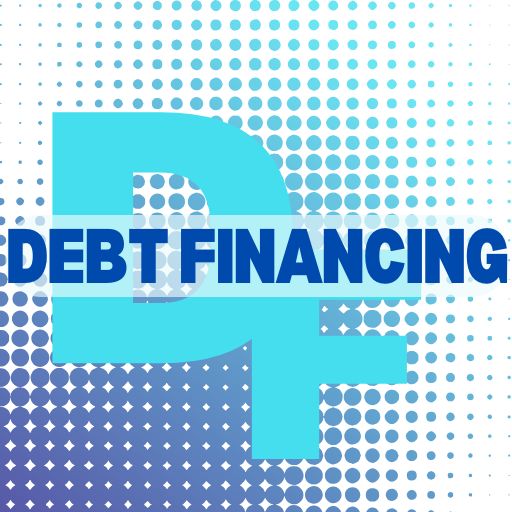



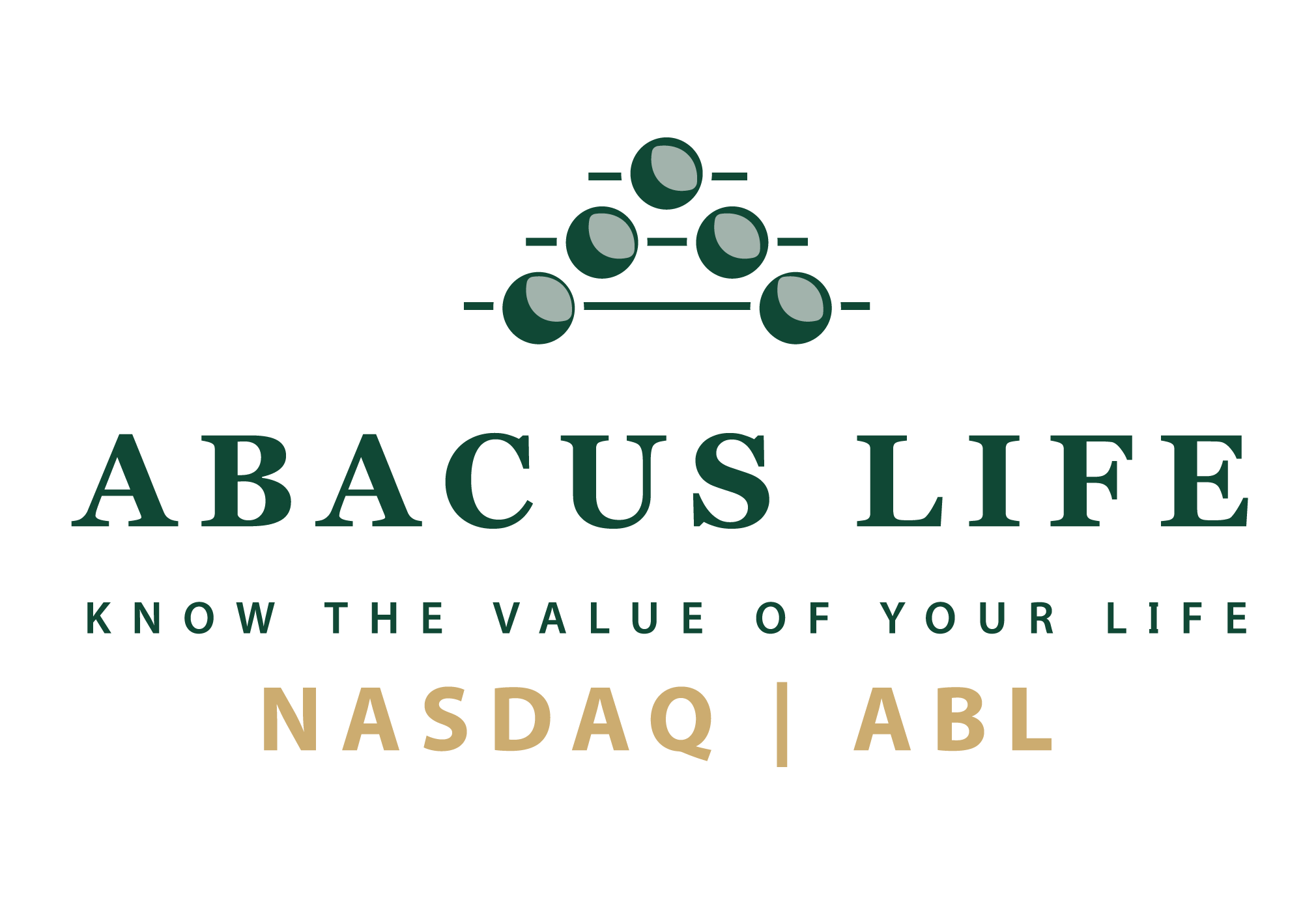
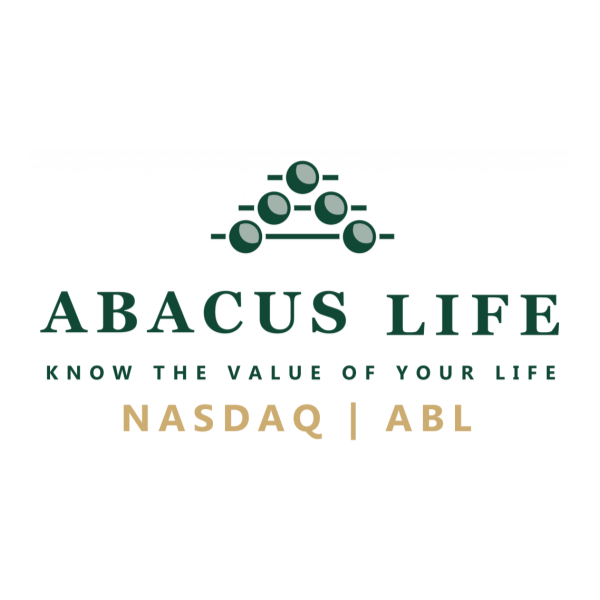


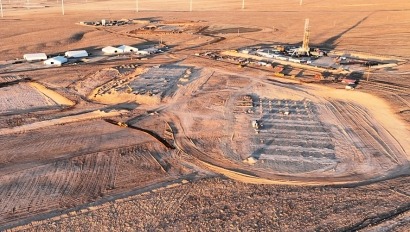
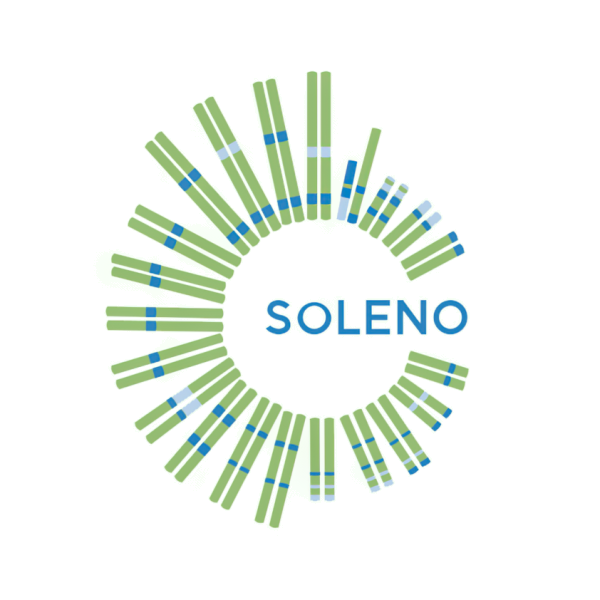


Leave a Reply